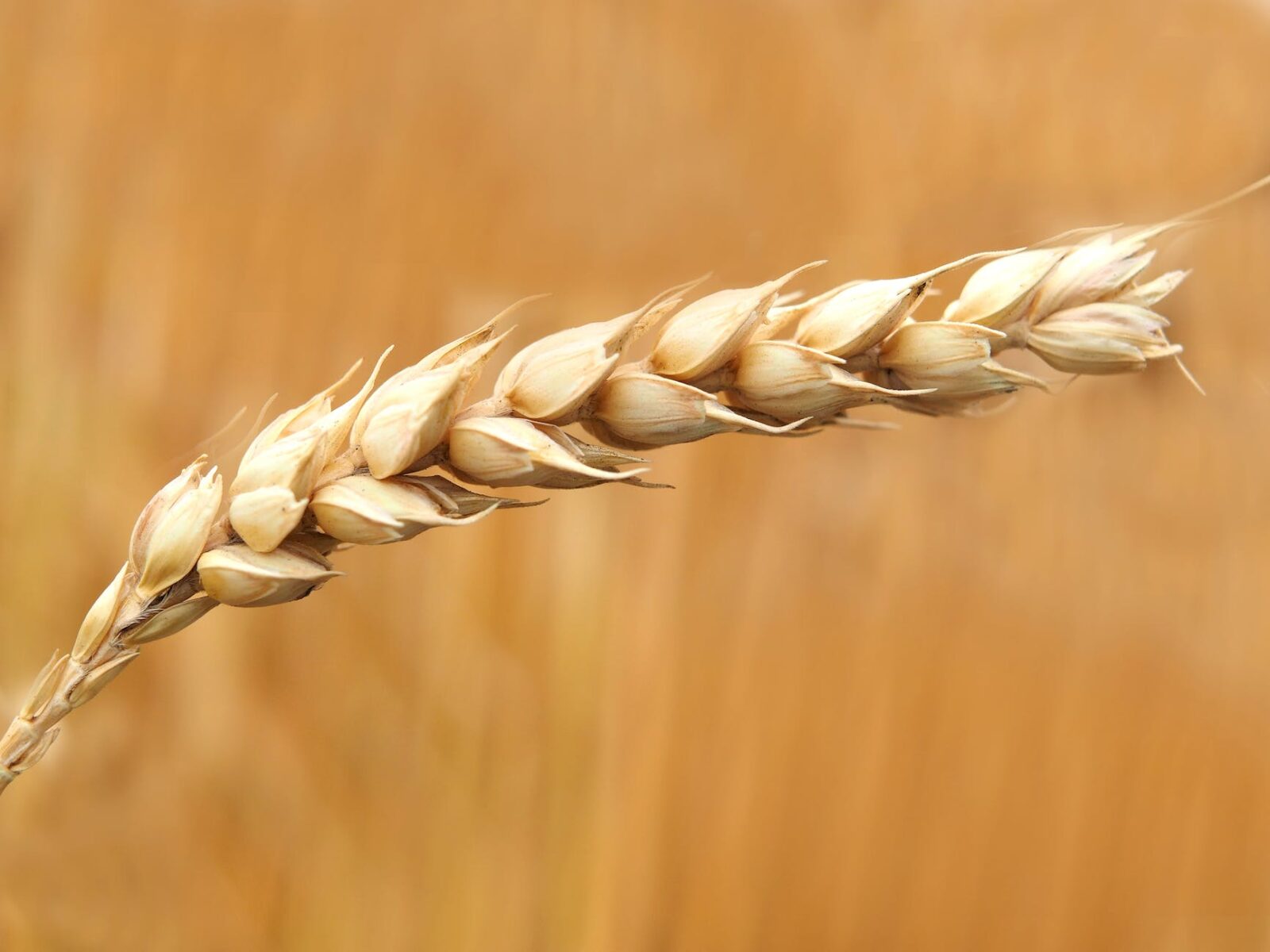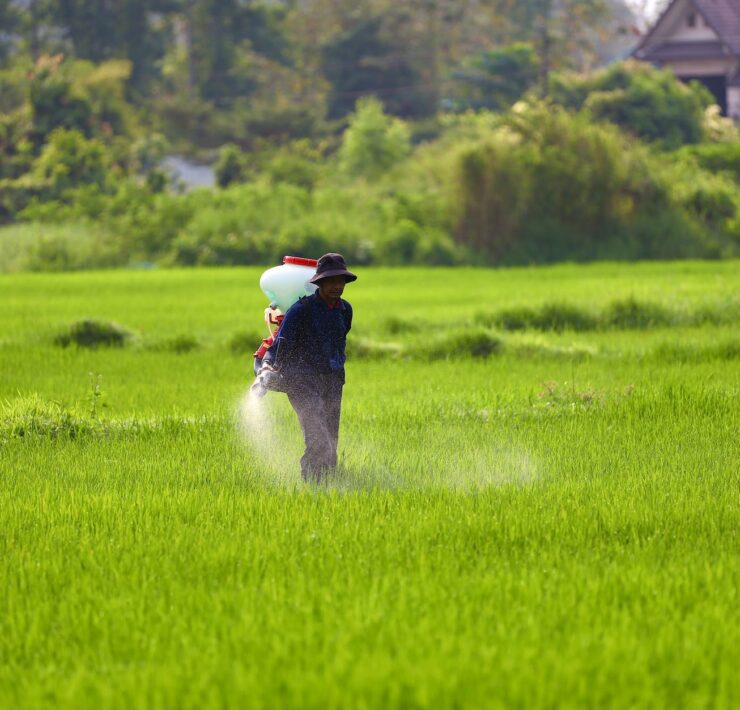
Dr. Cecilia Waruhiu is a director at The Africa Genomics…
Intolerance and going gluten free
In recent years I have heard the phrase “I am going gluten-free” quite often. Each time I sought to understand the reason behind this decision. In general, different people have different reasons. For some it’s a health-related sensitivity or allergy, for others they have heard a celebrity/ influencer sell it as a weight loss regimen, others are curing depression and headaches while still others are handling general fatigue.
All these answers have made me wonder and want to explore gluten and the research around it, in order to understand what science says about gluten consumption and its effects and why anyone should avoid it.
To begin with, gluten is a plant protein that is found in plants/ foods like wheat, barley and rye. This means therefore that foods made from these grains, such as bread, chapati, cookies, cakes, pasta and even beer (has barley) contain gluten.
Side note: It is really difficult to avoid gluten! In fact, anyone who is a stickler for reading the ingredients list on most food items on their shelves, will notice that wheat is a very popular ingredient in several food products. Just have a go at reading some of those labels, you will notice that sneaky gluten will appear quite a bit. This is because wheat and wheat gluten are used as thickening or binding agents, flavoring, coloring in many products. Also, many food production factories will have one or more items that contain gluten on their production line and this can easily contaminate other products that don’t contain wheat. Oh, and just in case you didn’t know, communion wafers also do contain gluten; they are made of wheat, so if you are a staunch gluten-conscious person, you might consider petitioning your priest to provide an alternative body of Christ.



A gluten-free diet will generally involve avoiding any foods that contain wheat, rye and barley. For instance; most dairy products (cheese, butter, milk), fruits, vegetables, meat, fish, rice, potatoes and gluten-free alternatives for pastries. As a result of increased demand for gluten-free foods, there are now many products in the market with the gluten-free label. These are foods that are made from naturally gluten-free ingredients and caution in the production process has ensured very limited (if any) gluten-contamination occurs.
Due to the gluten-free movement, industries have stepped up and developed innovative gluten-free alternatives such as flour (generally made of corn starch, rice flour, tapioca starch and potato flour). This means that people with gluten sensitivity can still enjoy bread, pastries, noodles and other food items traditionally made of wheat. However, several reports have indicated that many gluten-free breads contain lower levels of protein and fibre, therefore, providing lower nutritional value. Overall gluten-free alternatives tend to contain less fibre and more sugar and fat. In addition, gluten-free products are generally more expensive than their gluten-containing alternatives. This means, therefore, going gluten-free does have a cost implication. So why go gluten-free if you are paying more for less nutrition?
There are two groups of people who must definitely watch their gluten intake. These are those with Celiac disease (this is genetic) and those with gluten sensitivity (not genetic). Symptoms like fatigue, bloating, abdominal pain, alternating diarrhea and constipation after eating gluten are common in people with Celiac or gluten intolerance/sensitivity.

For people with Celiac disease; when they eat gluten, the body detects it as a toxin and an immune reaction is triggered and the body puts up a fight. This battle takes place in the intestines (where the gluten is being absorbed). The immune system literally attacks the intestines! Autoimmune reaction is ‘science-speak’ for where one’s immune system attacks the individual’s organs. In this battle, the intestines get damaged over time and this affects their ability to do their job; absorb nutrients. This will logically mean low/inadequate levels of required nutrients (vitamins and minerals) are absorbed, thus affecting proper functioning of other body organs. This deficiency has been linked to conditions such as anemia (low number of red blood cells), osteoporosis (low bone mineral density), dermatitis herpetiformis (itchy skin rashes), Neurological problems, teeth enamel defects, chronic fatigue, joint pain, poor growth, delayed puberty, unintentional weight loss and even infertility. Many cases of celiac disease may lack the abdominal symptoms and due to the effect on other organs, are often misdiagnosed with the conditions related to the presenting symptoms.
It is important to note that celiac disease has a genetic component. Almost all people with Celiac disease carry a genetic variant in a gene known as HLA (Human Leukocyte Antigen). Unfortunately, this altered gene that can be passed on to children meaning celiac cases can run in families. Also important to note is that having this genetic risk does not mean you will develop the associated disease (that is, a battle in your intestines leading to a plethora of other issues). It means that your body will fight gluten, given a chance. So it makes sense to avoid gluten and keep those warring soldiers away from fighting your own intestines! It is undoubtedly beneficial then to get a genetic screen which involves having a DNA test done to check if you have the variant that causes the body to have an autoimmune reaction to gluten. If an individual is found to carry this variant, it is particularly important for them to avoid gluten consumption. Remember, one can brave the unpleasant intestinal effects that result from eating just a small amount of some tasty pasta, but continued consumption means a continued battle on the intestines leading to other complications.
People with celiac disease have either one of two variants (HLA-DQA1 and/or HLA-DQB1) or both. DNA testing is available to determine whether or not an individual carries the genes responsible for celiac. It is unquestionably valuable to know this! Is it possible that existing chronic illnesses that have been treated over a long time and simply don’t seem to go away can be a result of celiac? This question arises because of the related malnutrition that is associated with the effects of autoimmunity. Might be that the answer to a diagnostic odyssey you are facing lies in your body viewing gluten as a toxin! The good news is, if you have celiac disease, removing gluten from your diet can reverse the damage done.
The second category of people who definitely should avoid gluten is those with gluten sensitivity/intolerance. They experience symptoms like cramping, bloating, nausea, and diarrhea after eating gluten. Unlike in the case of celiac disease, they do not have the associated damage to the intestines. It is obvious however that the immune system plays a role in this sensitivity. Unfortunately, there are no validated diagnostic tests for non-celiac gluten sensitivity; but journeying through dietary management with a nutritionist can help you identify/isolate the source of your trouble as gluten. This will usually involve documenting your meals and related symptoms over time while eliminating/including different food components until the culprit of your misery is found.
From all my curiosity, this is my take home; there are two categories of individuals for whom going gluten-free is appropriate or even a necessity. These are people with celiac disease and people with gluten sensitivity (non-celiac). For everyone else, there is really no compelling evidence that going gluten-free will improve your health or prevent disease! Of course, the research on this is still ongoing and maybe someday this might change but you don’t have to cut out wheat just because a celebrity endorsed the idea! If you are well and your gut doesn’t give you trouble after eating gluten-containing foods, don’t miss on the nutrition that comes from eating whole grain foods that provide you with fibre, calcium, folate, iron, niacin, riboflavin and thiamin. Definitely remember to eat healthy and exercise!
Subscribe now for updates from Msingi Afrika Magazine!
Receive notifications about new issues, products and offers.
What's Your Reaction?
 PIN IT
PIN ITDr. Cecilia Waruhiu is a director at The Africa Genomics Center and Consultancy, Kenya. She also serves as a consultant in genomics and molecular Biology at the Nextgen Molecular Lab Kenya. She is a genomics expert with a background in microbiology, biochemistry, molecular biology and genetics. Throughout her career, Dr. Cecilia has had a focus on understanding the occurrence of human diseases; including where they come from, how they infect us and cause disease as well as how we can limit their impact on our health and well-being.





















